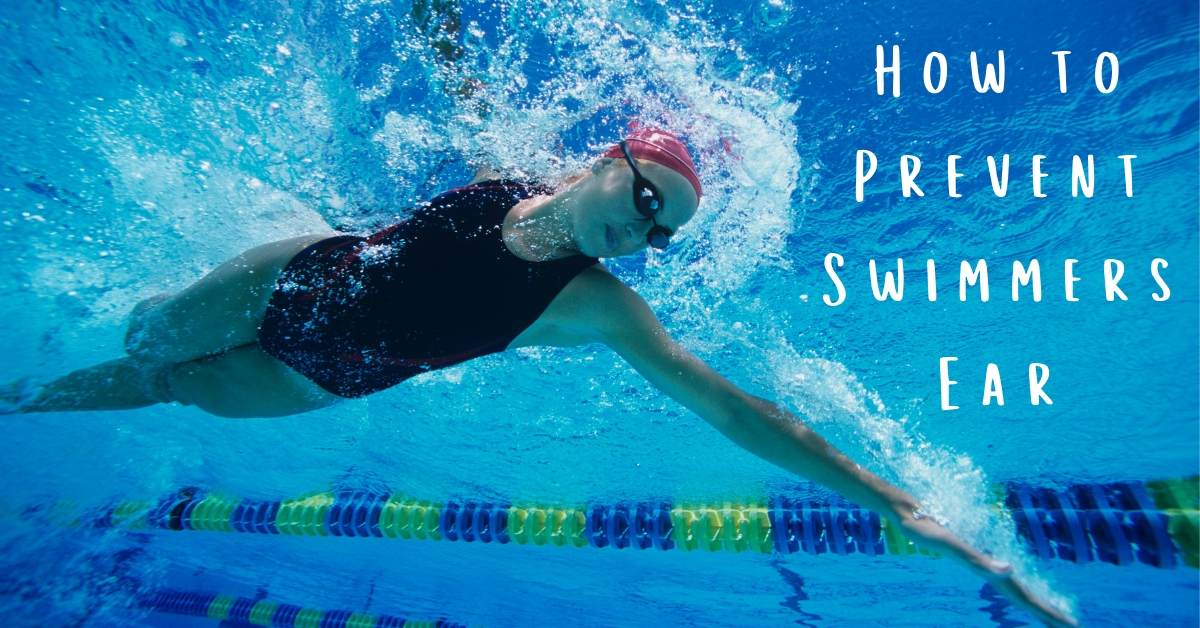An infected ear can be quite painful, so take heed when going swimming, be it in a pool, lake, river or pond. Your ear canal is the perfect place for bacteria in the water to collect and grow. An overgrowth of bacteria in your ear can cause ear infections, such as swimmer’s ear, which might lead to hearing loss and dizziness amongst other things.
Swimmer’s ear is an umbrella term for ear infections. It’s a condition formally referred to as otitis externa. Ear infections can have harmful consequences, if left unattended. The short-term effects of an ear infection include muffled sounds and lack of proper balance. The long-term effects can lead to a permanent loss of hearing and major complications affecting deep tissue, bone and cartilage.
The following tips will help you protect your ears from infection before you take the plunge this summer!
Cleanliness
Check your immediate environment. Well-maintained pools usually have signs posted requesting people shower before they get in. Some even have maintenance schedules posted. Take a look around, and if you feel it’s dirty avoid getting in.
Earplugs
Earplugs specifically designed for swimmers are easily available and are a cost-effective way to keep your ears protected. If you wear a bathing cap to cover your ears that would be even more helpful.
Natural bodies of water
Take the same precautions when swimming in beaches, lakes, ponds and rivers. The United States Environmental Protection Agency (EPA) website can give you insight into potential hazards for coastal areas. Avoid swimming in areas near active farm land.
Shake and dry
Immediately after swimming, help water drain from your ear by trying to touch your ear to your shoulder moving just your head! Avoid cleaning your ears aggressively. Dry only the outer part of your ears gently with a towel.
Get rid of excess water
Over the counter ear drops are readily available at any pharmacy. You can also make your own ear drops at home with the following instructions provided by the Mayo Clinic:
“If you know you don’t have a punctured eardrum, you can use homemade preventive eardrops before and after swimming. A mixture of 1-part white vinegar to 1-part rubbing alcohol may help promote drying and prevent the growth of bacteria and fungi that can cause swimmer’s ear. Pour 1 teaspoon (about 5 milliliters) of the solution into each ear and let it drain back out.”
Earwax is a natural protectant
Our ears produce earwax as natural protective film from foreign bodies entering our ear canal. If you are producing too much it is best to see your doctor to have it attended to. Putting anything in your ear canal to clean it from earwax might actually result in pushing it further down into your ear canal. All in all, it’s best not to put anything in your ear for risk of scratching or even puncturing your eardrum.
Earbuds
Those little speakers that we wear in our ears can be abrasive to the skin and leave us open to infections so be careful wearing them and only keep them in your ears for a total of an hour a day!
Hearing aids
Because a part of the hearing aids sits in our ears, they can also be a source of abrasion. Keep them clean dry on a regular basis.
Hair products
Hair sprays and dyes can contain chemicals that are irritating to our ears. They can easily seep into your ear canal so it is best to apply them once you have blocked your ear canal with cotton balls.
Immune deficiency disorders
If you suffer from diabetes of HIV, you are more susceptible to ear infections and it is best to consult your physician for the extra precautions you need to take.
Desert Valley Audiology
At Desert Valley Audiology, we are here for the betterment of your hearing. If you are experiencing any form of ear pain or if you are overdue for a hearing evaluation, we would love to hear from you. Your first appointment is just a phone call away. If you or someone close to you have any questions about the maintenance and strengthening of your hearing ability do not hesitate to reach out to us.

